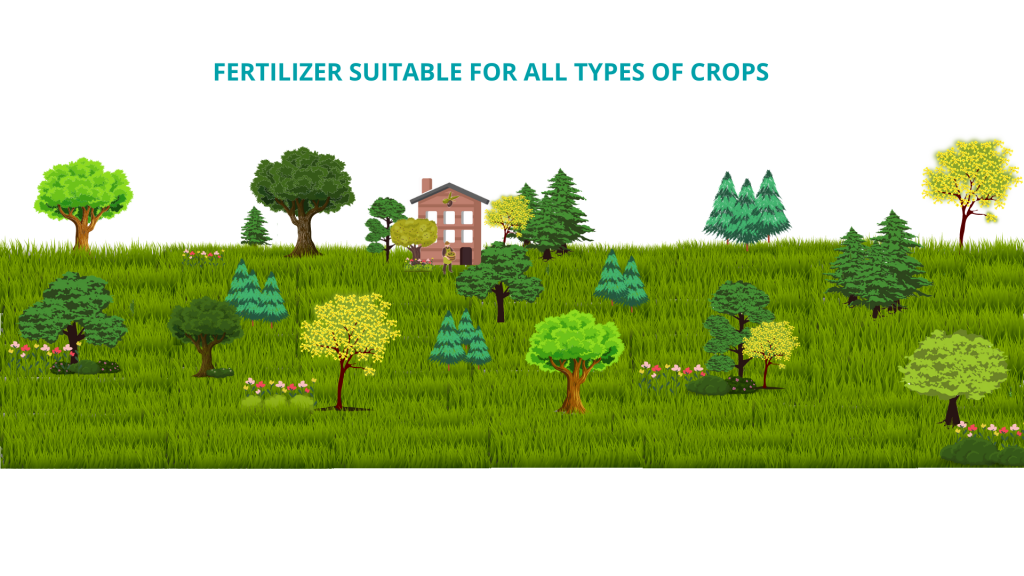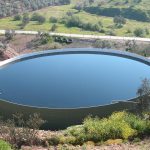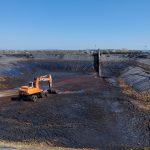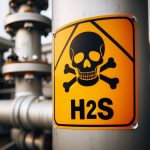In this blog, we will talk about a new organic fertilizer obtained from vegetable water (liquid part of olive pomace a by-product of the olive oil sector).
WHAT IS THE FERTILIZER OR FERTILIZER?
A fertilizer is any type of organic or inorganic substance that contains nutrients in forms assimilable by plants, to maintain or increase the content of these elements in the soil, improve the quality of the substrate at a nutritional level, stimulate the vegetative growth of plants, etc.
TYPES OF FERTILIZER
There are many options on how to pass the nutrients to the plants. Many gardeners and farmers use a combination of different fertilizers and techniques. The fertilizer can be of a single type or it can also be available as a mixture of different nutrients and trace elements. The key to selecting a fertilizer is understanding what and how many nutrients your plants need.
BIO-FERTILIZERS
In nature, there are a large number of valuable microorganisms that play a vital role in the development of plants by helping them to reach and absorb nutrients. Their usefulness can be improved with human help by selecting and detecting the most efficient organisms, cultivating them, and adding them back to the soil, either directly or as seed coatings. Cultured microorganisms are also applied with the help of some carrier materials and are therefore known as biofertilizers.
ORGANIC FERTILIZER
Organic fertilizers are made from a material that occurs naturally and is biodegradable. An organic fertilizer could comprise the following compounds:
- mineral deposits
- Peat
- Compost
- Seaweed
- animal manure
Organic fertilizers are excellent in their terms as they are good for both fields and gardens. As soon as an organic fertilizer is used, it begins to exert its beneficial effects on the soil and on the plants. In addition, these fertilizers improve the health and productivity of the soil in the long term.
INORGANIC FERTILIZERS
These come in different forms such as liquid, powder, or granules that come in pouch boxes. Inorganic fertilizers consist mainly of concentrated ammonia diluted with water. Commonly, inorganic fertilizers are used to treat industrial fields as they are less expensive and can be effortlessly synthesized on a larger scale. Inorganic fertilizers are less bulky than their organic counterpart and therefore the nutrients can easily be transported to different parts of the plant.
CHEMICAL NITROGEN FERTILIZER
Such fertilizers are rich in nitrogen content. The nitrogen in the fertilizer turns into ammonia and dissolves when water from rain or any other source wets the area. The nutrients from the fertilizers are then transported through the soil, eventually reaching the root system of the plant. Nitrogen fertilizers are usually available in pellet form or in the form of white pellets that are used before or at planting.
COMPOUND FERTILIZERS / NPK FERTILIZERS
Compound fertilizers do not always adapt to different types of soils. Therefore, a form of fertilizer is used that consists of more than two minerals or elements in reasonable proportions. These fertilizers easily acclimatize to the different types of soils with which they are mixed. A mixture of different types of fertilizers eliminates various deficiencies in the plant and the soil. These fertilizers require less labor to apply to the soil. The mix consists of three main nutrients which are Nitrogen, Phosphorus and Potassium. Such fertilizers are called complete fertilizers.
NEW ORGANIC FERTILIZER FROM VEGETABLE WATER AND OLIVE POMACE
In Smallops we produce a suspension of nanoparticles (OPS) from olive waste (olive pomance and vegetable water). This suspension is very rich in nutrients such as N, K, humic and fulvic acids, Fe… for its contribution as fertigation, being a sustainable product.
Advantages of organic fertilizer from vegetable water and olive pomace
Below we name the different advantages that OPS provide as fertilizers:
- A higher growth rate of plants has been observed thanks to the supplementation of iron and hydrochar.
- Thanks to the OPS the plants would have greater iron absorption.
- Increases the resistance of the plant with OPS fertilizer against the stress of environmental changes (cold, heat, wind, water stress…).
- Plants do not show phytotoxicity effects due to the slow and gradual release of iron from OPS.
If you want to know more about the product, do not hesitate to contact us here.




